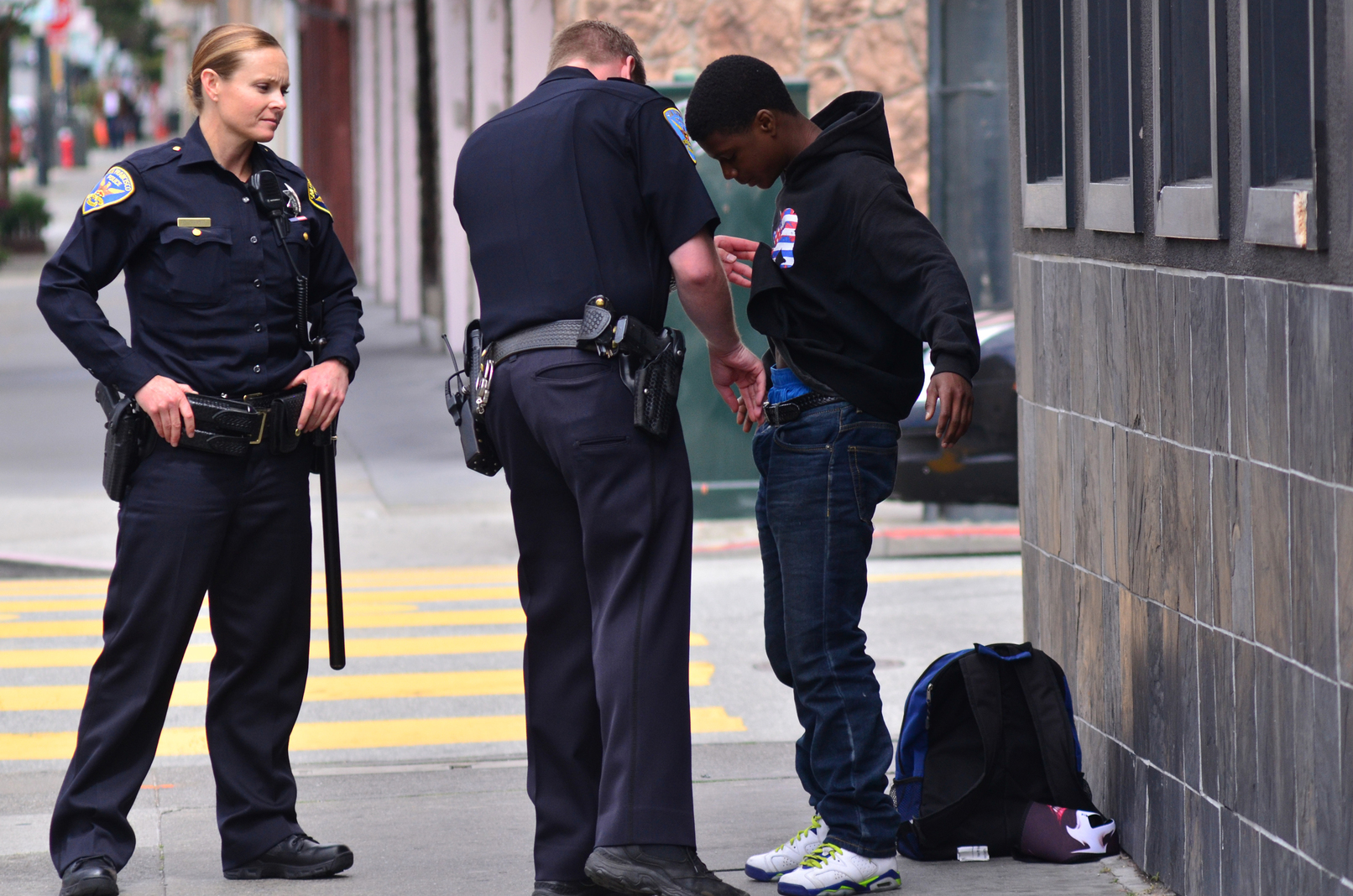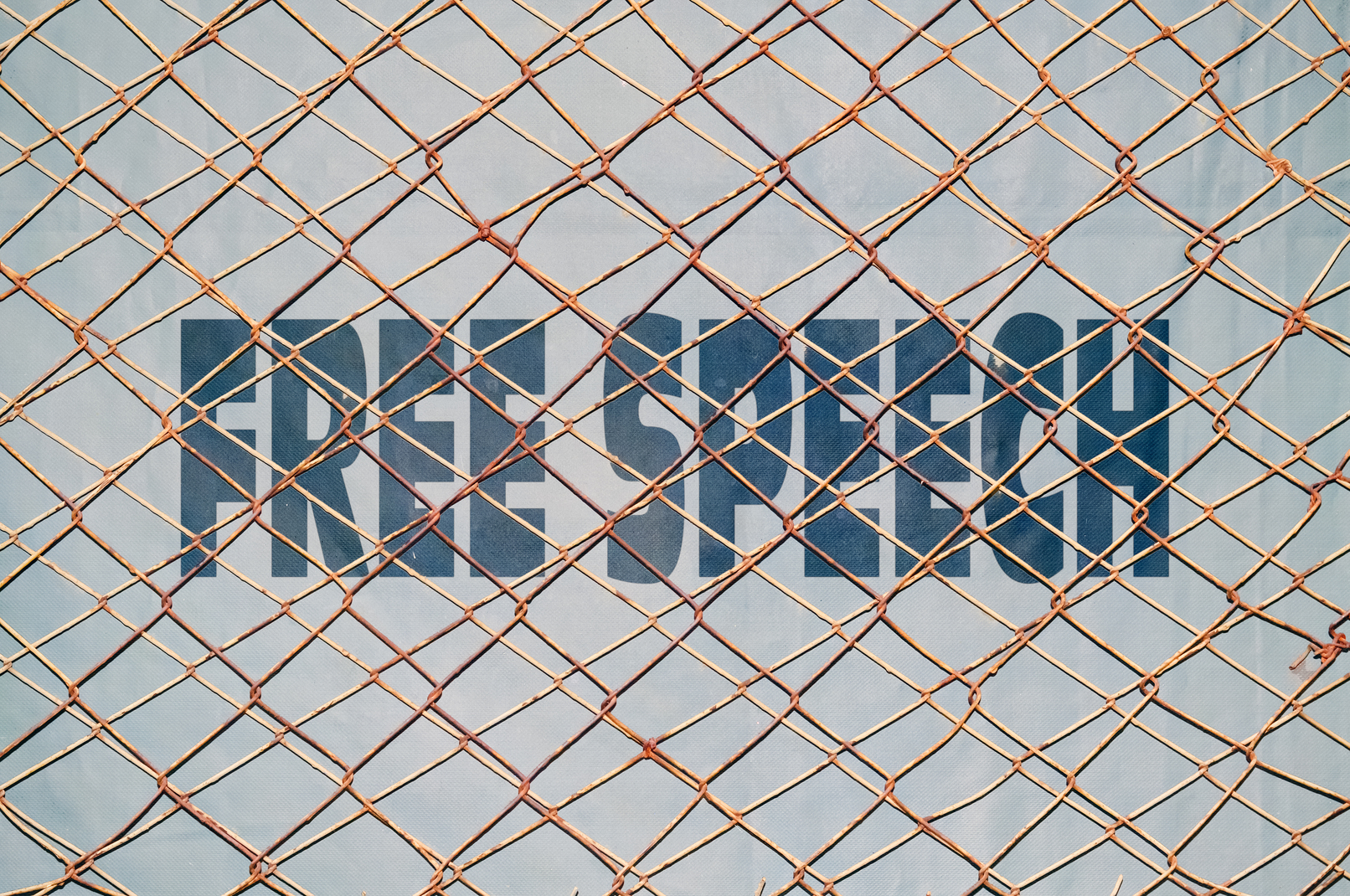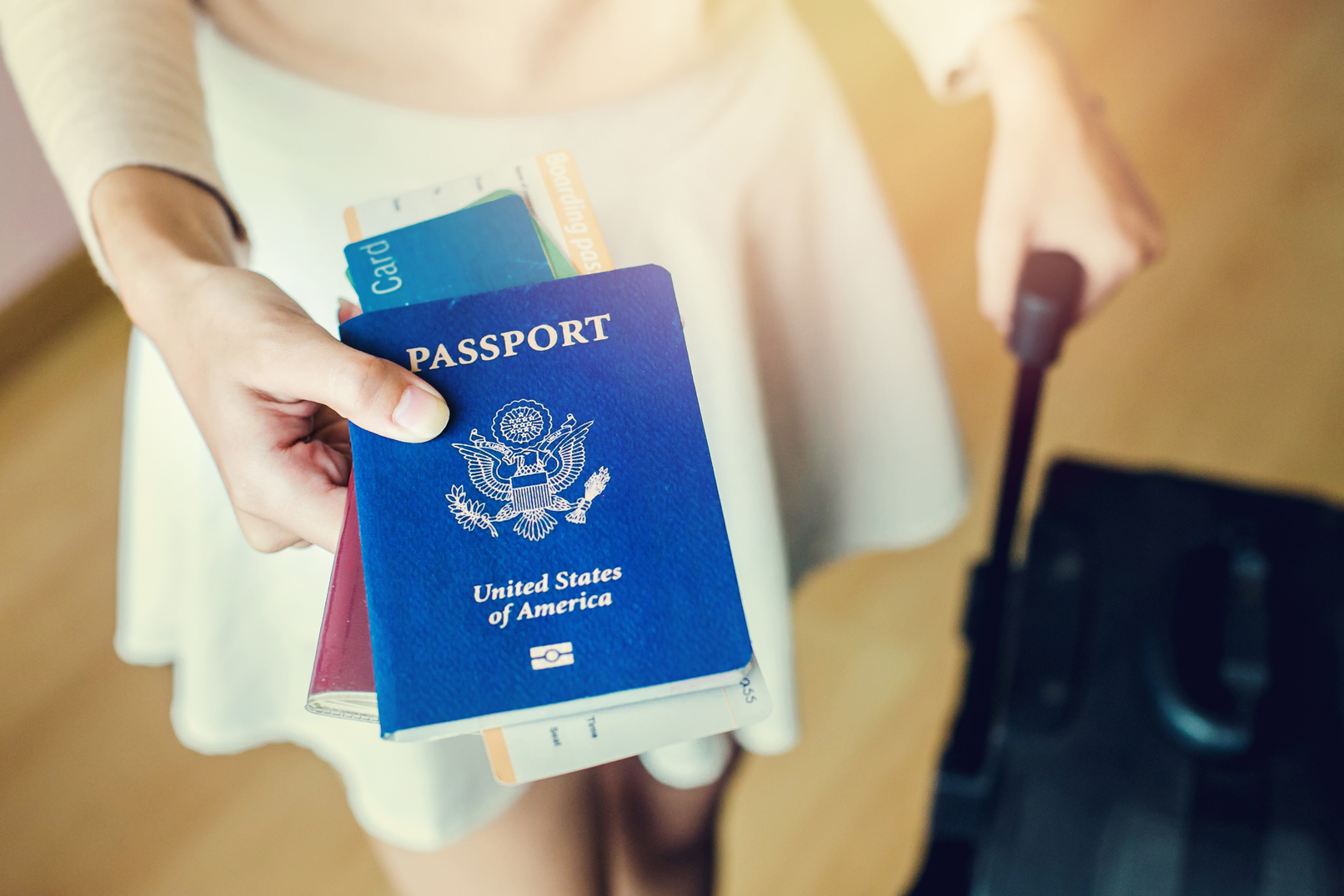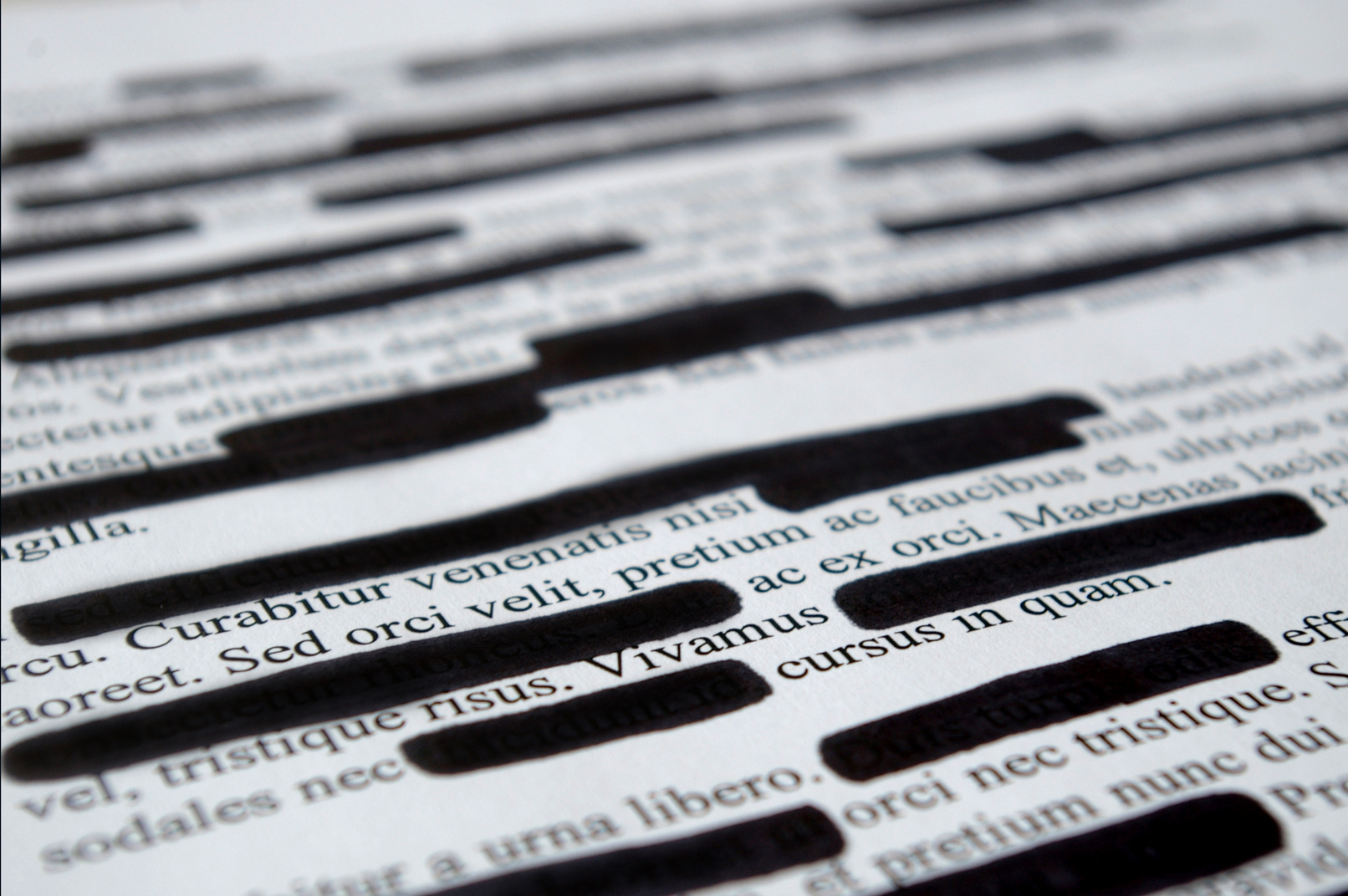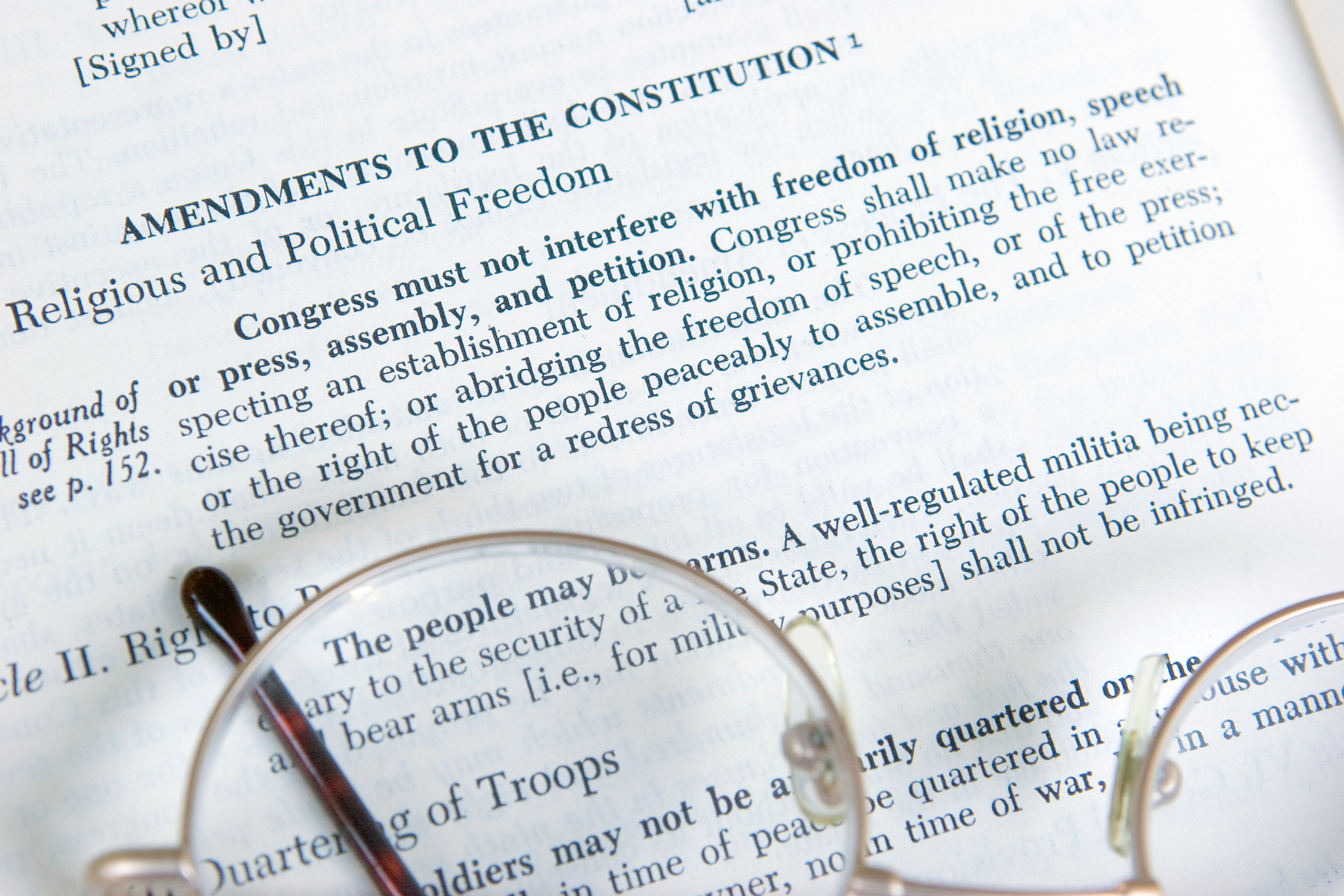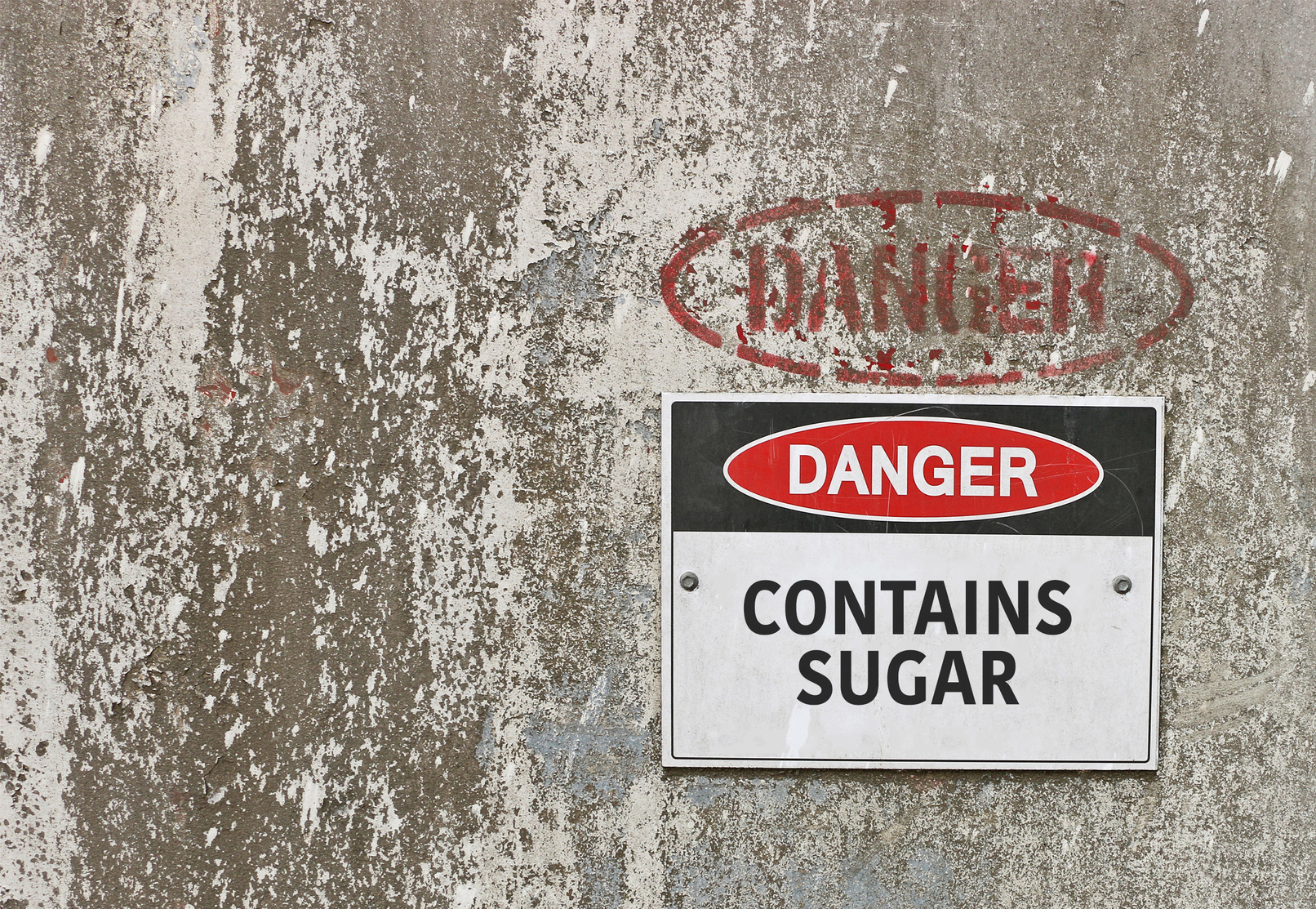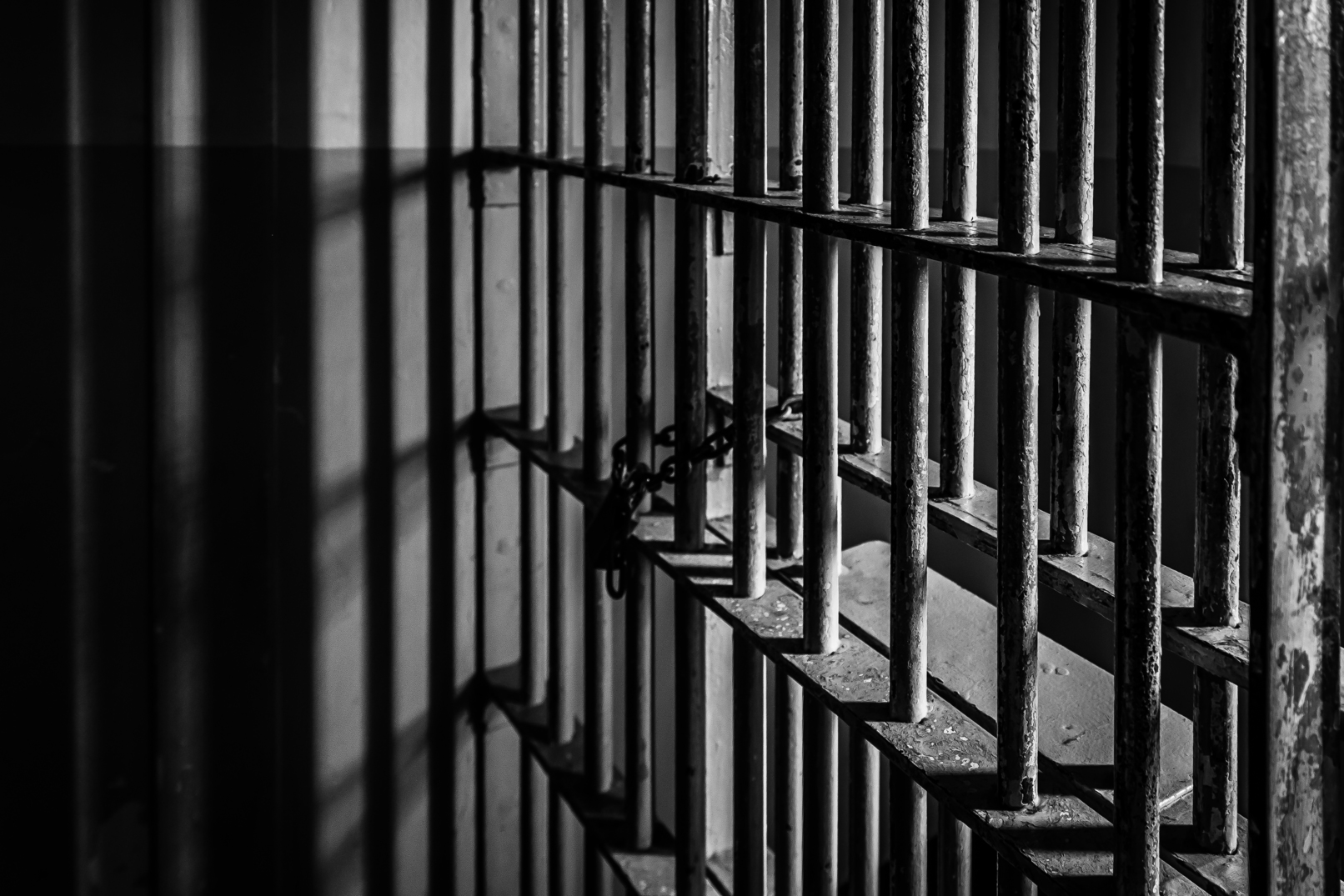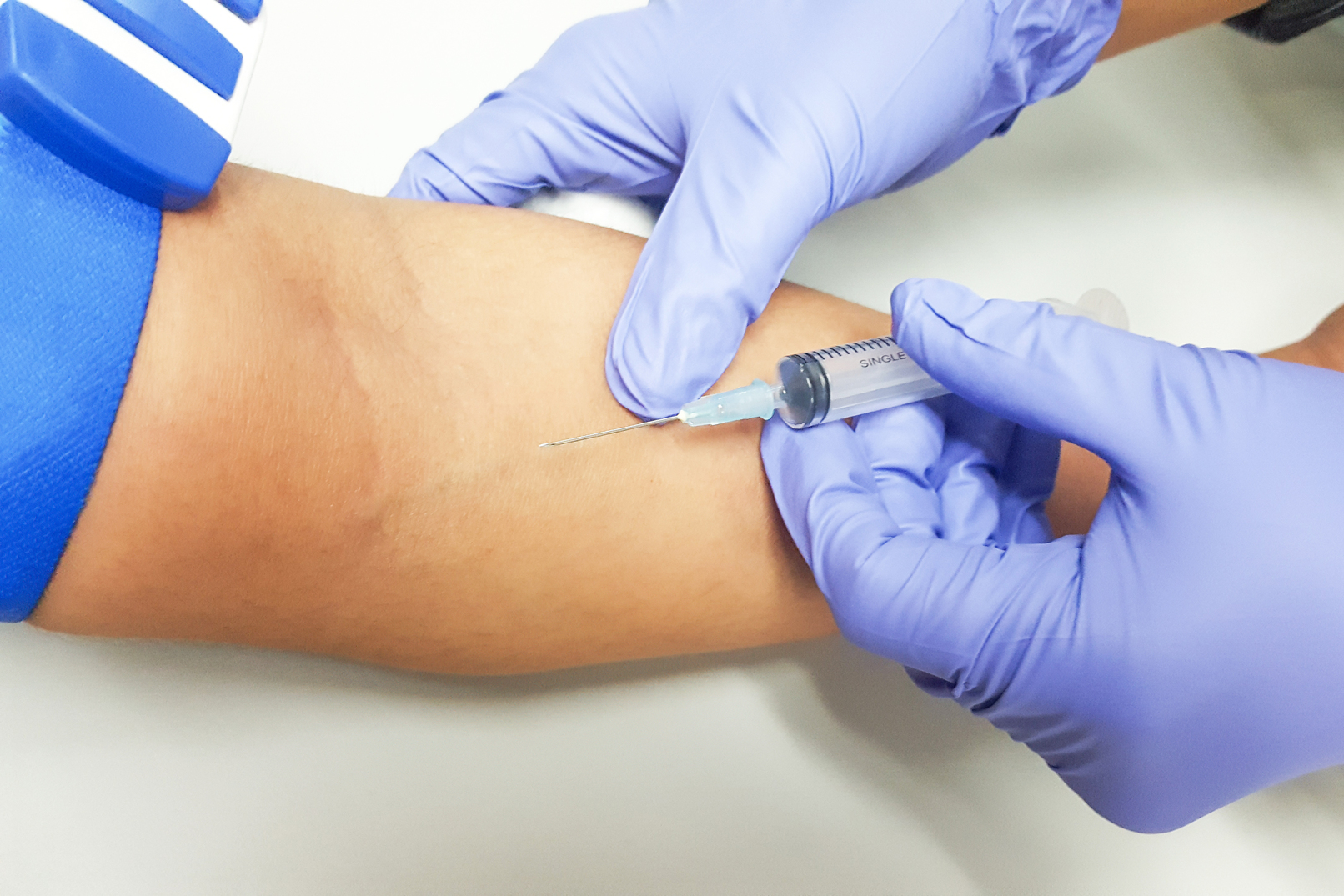On Wednesday, June 5, 2019, the United States Court of Appeals for the Ninth Circuit held that Washington State police officers lacked reasonable suspicion to arrest Daniel Brown after the police received an anonymous report of a black man possessing a gun in Washington, a concealed-carry state. After the police received the anonymous report, the police saw Brown, activated their police lights, and then pursued him going the opposite direction down a one-way street. Brown ran for about a block before being arrested at gunpoint. Police found a gun in Brown's waistband, prompting a further search finding drugs and cash. The Ninth Circuit found that the officers lacked reasonable suspicion of criminal activity when they stopped and frisked Brown and, thus, granted Brown's motion to suppress the evidence of drugs and cash.
Articles Posted in Civil Rights
The ruling stemmed from the arrest of a man who had yelled "f--- you" out of his car window at an Arkansas state trooper.
New Jersey and other states are supporting the effort of a Navy veteran from Colorado to challenge the binary gender designations on passport applications. The case could affect how the federal government refers to non-binary individuals.
A New York tenant achieved an early victory in a lawsuit against his landlord based on harassment by a neighbor. This case should encourage landlords in New York and surrounding states to respond proactively to accusations of discrimination or harassment involving their tenants.
On Tuesday, April 2, 2019, the American Civil Liberties Union and the Knight First Amendment Institute at Columbia University filed a lawsuit in the United States District Court, District of Maryland, on behalf of five former federal employees challenging the constitutionality of prepublication review. Former government and intelligence agency employees must submit manuscripts and drafts for government review before publication due to a lifelong obligation to keep national security secrets for as long as the information is considered classified by the government. The lawsuit alleges violations of both the First Amendment and the Fifth Amendment.
On Tuesday, February 19, 2019, the United States Supreme Court denied certiorari in Katherine Mae McKee v. William H. Cosby, Jr., 586 U.S. ___ (2019), a lawsuit concerning Katherine McKee's claim against Bill Cosby for defamation where Cosby's lawyers released a letter allegedly damaging McKee's reputation for truthfulness and honesty. The First Circuit found McKee became a limited-purpose public figure when she made sexual assault allegations against Bill Cosby and, as such, would need to prove that the statements in the letter were both false and made with actual malice. United States Supreme Court Justice Clarence Thomas, writing a concurring opinion in the Supreme Court's denial of certiorari, called for a reconsideration of the doctrinal basis for First Amendment cases concerning defamation and libel.
On February 6, a panel of the US Court of Appeals for the Fifth Circuit held that Title VII of the Civil Rights Act of 1964—which protects employees from discrimination on the basis of race, color, religion, sex, and national origin—does not protect employees from discrimination on the basis of transgender identity. In doing so, the court also affirmed its own 1979 decision that Title VII does not protect employees from discrimination on the basis of sexual orientation. That interpretation of Title VII is at odds with the present interpretation by the Equal Employment Opportunity Commission (EEOC)—the agency charged with enforcing Title VII—as well as that of several other federal circuit courts.
On Thursday, January 31, 2019, the United States Court of Appeals for the Ninth Circuit published its en banc opinion in American Beverage Association v. City and County of San Francisco, No. 16-16072 (9th Cir. 2019), reversing and remanding the district court's denial of a preliminary injunction. The Ninth Circuit found that a San Francisco ordinance mandating warnings regarding the health effects of sugar sweetened beverages likely violated the First Amendment.
The Metropolitan Detention Center (M.D.C.), a federal jail in Brooklyn, is the subject of a new lawsuit and will be toured by a federal judge and senior federal defender after a power outage caused corrections officials to reportedly hold inmates on at least partial lockdown for days with no heat. A different judge has ordered the jail to allow inmates to have visits with their lawyers, which were apparently canceled last week as well.
On Friday, January 11, 2019, the United States Supreme Court granted certiorari in Gerald P. Mitchell v. State of Wisconsin (Docket No. 18-6210). The case questions whether a civil implied-consent statute in Wisconsin, permitting police officers to draw the blood of an unconscious driver, without consent, is constitutional.

